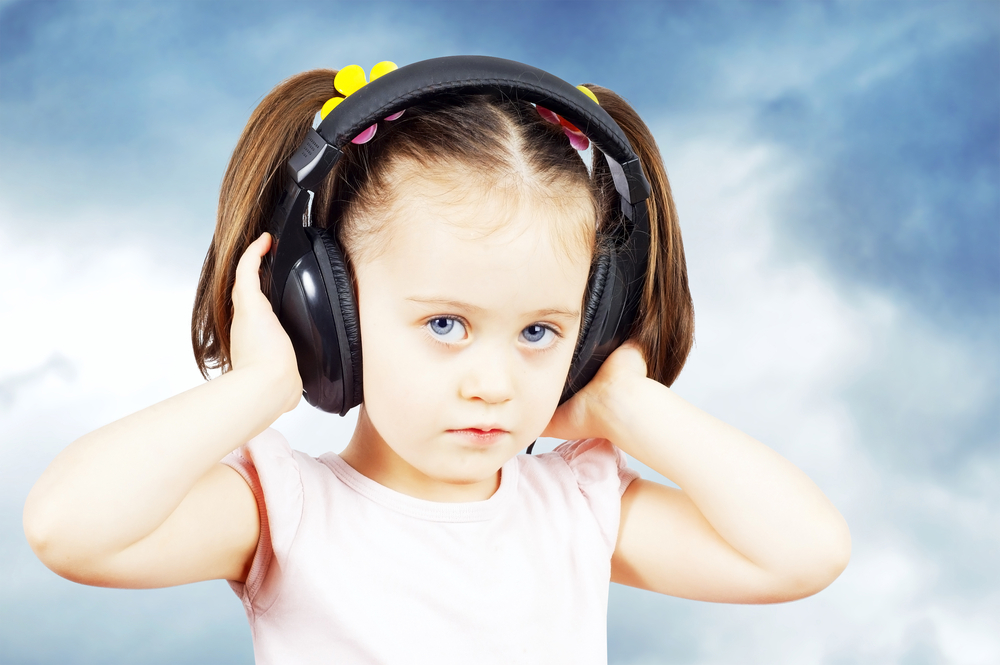 Hearing is a crucial sense for a child’s development, affecting their ability to learn language, develop social skills, and engage with the world around them. Early detection of hearing loss is vital, as even mild hearing loss can lead to significant developmental delays. Regular hearing tests are an essential part of monitoring a child’s auditory health, ensuring any hearing issues are identified and addressed promptly.
Hearing is a crucial sense for a child’s development, affecting their ability to learn language, develop social skills, and engage with the world around them. Early detection of hearing loss is vital, as even mild hearing loss can lead to significant developmental delays. Regular hearing tests are an essential part of monitoring a child’s auditory health, ensuring any hearing issues are identified and addressed promptly.
Why Hearing Tests Matter for Children
Hearing tests play a critical role in identifying hearing loss early, which is essential for a child’s development. According to the Centers for Disease Control and Prevention (CDC), about 2-3 out of every 1,000 children in the United States are born with a detectable level of hearing loss in one or both ears. When hearing loss goes undetected, it can lead to delays in speech, language, cognitive development, and social skills. Early identification through hearing tests enables timely intervention, which can significantly improve the outcomes for children with hearing impairment.
Impact of Hearing Loss on Development
- Speech and Language Development: Hearing is fundamental to the development of speech and language. Children learn to speak by listening to sounds around them and mimicking them. Hearing loss can disrupt this process, leading to delayed speech, difficulty in articulating words, and limited vocabulary. Studies show that children with even mild hearing loss can be at risk for speech and language delays.
- Cognitive Development: Hearing is closely linked to cognitive development. Children with hearing loss may face challenges in learning and academic achievement. According to research, 30% to 40% of children with hearing loss also have additional disabilities, which can further impact their cognitive development.
- Social Skills and Emotional Well-being: Hearing loss can also affect a child’s ability to interact with peers and build social relationships. Children with undiagnosed hearing loss may experience feelings of isolation, frustration, and low self-esteem due to difficulties in communication.
Tips for Early Detection of Hearing Loss
Early detection of hearing loss is key to minimizing its impact on a child’s development. Here are some tips to help parents and caregivers recognize potential signs of hearing loss in children:
- Newborn Hearing Screening: Ensure that your newborn undergoes a hearing screening before leaving the hospital. Newborn hearing screenings are standard in most hospitals and can detect hearing loss early.
- Monitor Milestones: Pay attention to developmental milestones related to hearing and speech. By six months, most babies should startle at loud noises, recognize their parent’s voice, and turn their head towards sounds. By one year, they should be able to say simple words like “mama” or “dada.” Delays in these milestones could indicate hearing loss.
- Regular Hearing Tests: Schedule regular hearing tests for your child, especially if there are risk factors such as family history of hearing loss, frequent ear infections, or exposure to loud noises. The American Academy of Pediatrics recommends hearing screenings at ages 4, 5, 6, 8, and 10, and then at least once during the early adolescent years (11-14), middle adolescent years (15-17), and late adolescent years (18-21).
- Watch for Signs of Hearing Loss: Be alert to signs of hearing loss, such as a lack of response to sounds, difficulty following conversations, turning up the volume on electronic devices excessively, or poor academic performance. Children who often say “what?” or “huh?” might be experiencing hearing difficulties.
- Use of Hearing Technology: If your child is diagnosed with hearing loss, discuss with an audiologist the best hearing aid options or other assistive devices to support their hearing needs. Early use of hearing technology can aid in speech and language development.
Developmental Delays in Children with Hearing Loss
Children with untreated hearing loss are at a higher risk for developmental delays. Studies have shown that:
- Approximately 40% of children with hearing loss experience speech and language delays.
- Children with mild to moderate hearing loss, on average, achieve one to four grade levels lower than their peers with normal hearing unless appropriate interventions are provided.
- Early intervention services provided before six months of age can significantly improve language outcomes in children with hearing loss, making their language development comparable to their hearing peers.
These statistics highlight the importance of early detection and intervention. Identifying hearing loss early can lead to timely interventions that support a child’s overall development, enabling them to thrive alongside their peers.
Experience Comprehensive Pediatric Hearing Care at El Dorado Hearing
At El Dorado Hearing, we understand the critical role that early detection plays in the healthy development of children. Our comprehensive pediatric hearing services are designed to identify hearing loss early and provide the necessary support and solutions. From newborn hearing screenings to regular hearing tests and advanced hearing technology, we offer a full range of services tailored to the unique needs of children.
Our team of experienced audiologists is dedicated to helping your child achieve optimal hearing and communication skills. We work closely with parents and caregivers to ensure that each child receives the best possible care and intervention. Don’t wait to address hearing concerns—early action can make a significant difference in your child’s life.
Contact El Dorado Hearing today to schedule a hearing test for your child and take the first step toward safeguarding their hearing and developmental health. Together, we can help your child reach their full potential.



Leave a Reply